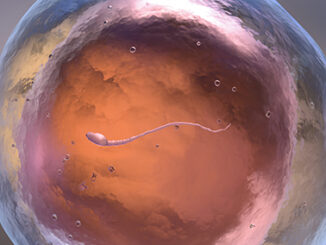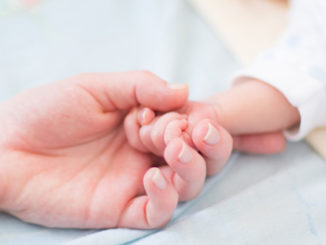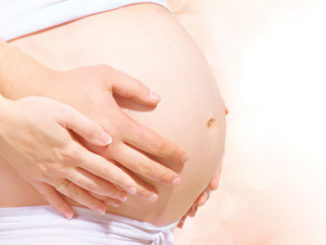Positive Parenting May Reverse Epigenetic Age in Children Affected by Adversity
Growing up amid adversity, encompassing elements like poverty, child maltreatment, and community violence, not only poses a significant risk for psychopathology and lifelong health challenges but also has been shown to accelerate the biological or epigenetic aging process in children. However, a new study featuring research conducted in the lab of Professor Justin Parent, an assistant professor of psychology at the University of Rhode Island, has introduced a promising prospect. Positive parenting interventions might hold the key to slowing down [more…]









